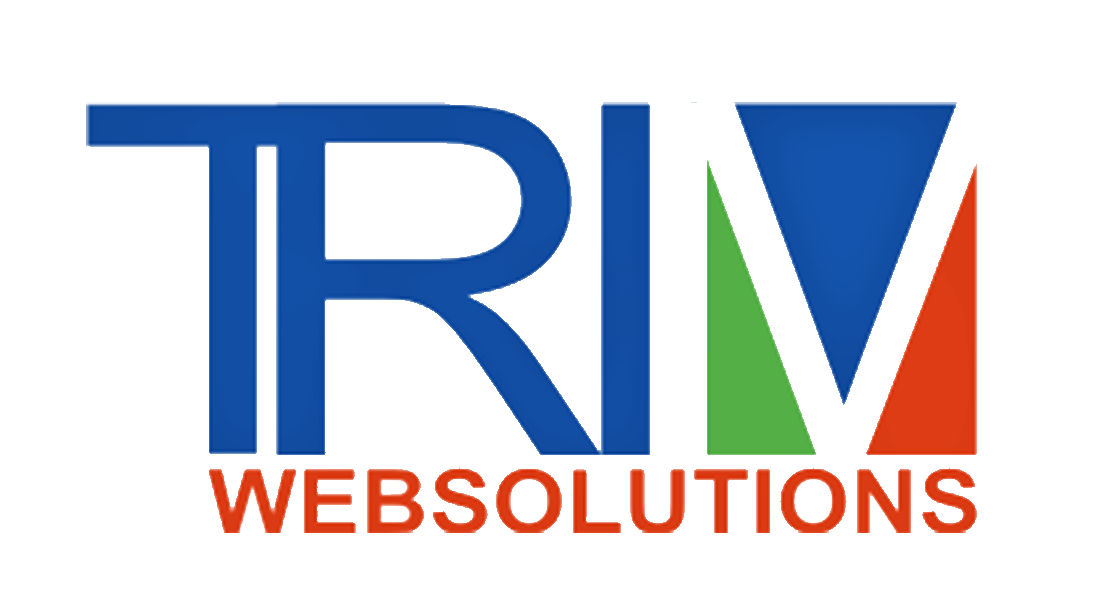Technology's Impact on Society: A Glimpse into the Next 20 Years

Introduction:
Technology has always been a driving force behind societal progress, reshaping how we live, work, and connect with each other. Over the past few decades, we have witnessed remarkable advancements, but what does the future hold? This article delves into the potential impact of technology on society over the next 20 years, shedding light on transformative innovations and the profound changes they may bring.
Artificial Intelligence (AI) Revolution:
In the coming two decades, AI is poised to revolutionize nearly every aspect of our lives. With advancements in machine learning and natural language processing, AI-powered systems will become more sophisticated, enhancing automation, decision-making, and problem-solving across various industries.
AI-driven personalized services, predictive healthcare, and intelligent transportation systems will become more prevalent. However, concerns surrounding data privacy, ethical AI use, and job displacement will require careful consideration and regulation.
Augmented Reality (AR) and Extended Reality (XR):
Augmented Reality will no longer be limited to entertainment and gaming. In the next 20 years, AR and Extended Reality (combining AR, VR, and Mixed Reality) will permeate education, healthcare, and professional sectors. AR-powered educational experiences, virtual medical consultations, and immersive remote work environments will become commonplace.
These technologies will bridge physical and digital realms, transforming how we learn, collaborate, and experience the world around us.
Sustainable Innovations for a Greener Future:
With the pressing need to combat climate change, technology will play a pivotal role in creating a sustainable future. Advancements in renewable energy, smart grids, and energy-efficient technologies will drive the transition to a greener, more environmentally conscious society.
From eco-friendly transportation options to smart cities with reduced carbon footprints, sustainable innovations will shape our collective efforts to address environmental challenges.
The Internet of Things (IoT) Revolution:
The IoT ecosystem will expand exponentially, with connected devices becoming integral to our daily lives. Smart homes, smart cities, and IoT-enabled industries will lead to increased automation, resource optimization, and improved convenience.
However, safeguarding data privacy and cybersecurity will be paramount as an interconnected world opens new vulnerabilities to potential threats.
Revolution in Healthcare:
Technology will revolutionize healthcare, improving patient outcomes and accessibility. Telemedicine and remote diagnostics will enhance healthcare access, especially in underserved areas. AI-enabled drug discovery and personalized medicine will lead to more effective treatments.
Additionally, wearable health devices and health-focused wearables will empower individuals to take charge of their well-being.
Conclusion:
As we peer into the future, the impact of technology on society over the next 20 years appears both exciting and transformative. From AI-driven automation to immersive augmented reality experiences, sustainable innovations, and breakthroughs in healthcare, technology will shape a world that is more connected, efficient, and responsive to our needs.
However, this journey towards a technology-driven society also demands a cautious approach to address ethical, privacy, and security concerns. Striking a balance between innovation and responsible implementation will be crucial in ensuring that technology continues to enhance our lives and strengthen the fabric of society. By embracing emerging technologies with foresight and adaptability, we can pave the way for a brighter and more inclusive future.
671 0 7
Write a Comments
* Be the first to Make Comment















